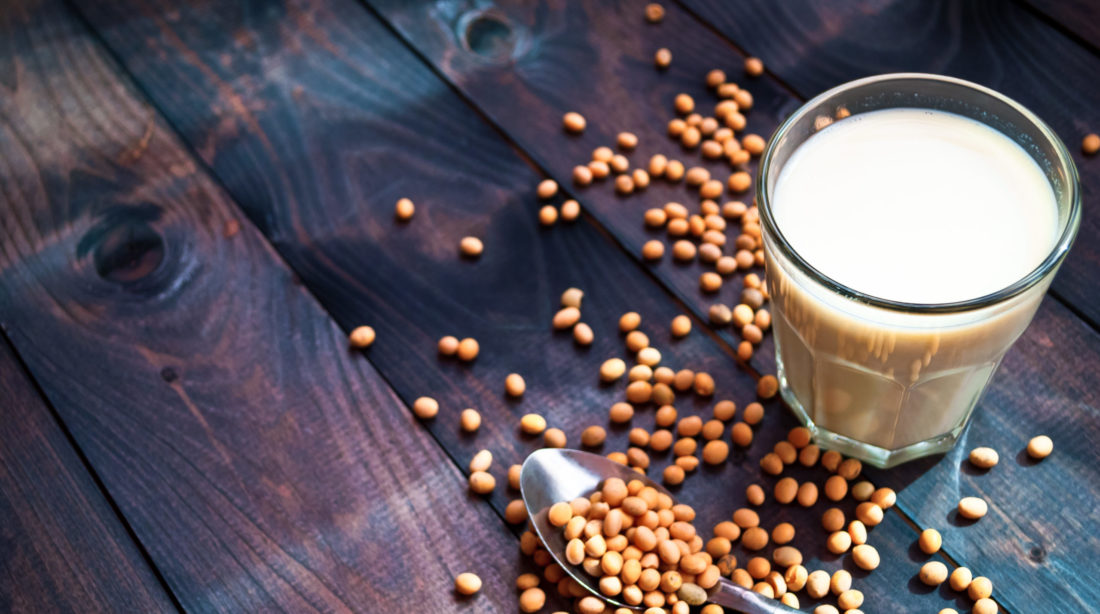Soy milk is made from soybeans. It is best to get your soybeans from an organic, non-GMO certified company, but no matter where your beans come from, soy milk is better for you than cow’s milk.
That being said, homemade soy milk is not fortified like store-bought soy milk and cow’s milk. Many store-bought milks are fortified with vitamins like Vitamin A, B12 and Zinc and calcium.
Homemade soy milk is rich in Manganese, Copper, Iron, and Folate. Manganese is great for proper metabolism function of amino acids, as well as glucose and carbohydrates.
Copper is an essential nutrient for the body, enabling the body (with the help of iron) to form red blood cells. Copper is great for proper immune function as well.
Folate is extremely important during pregnancy, infancy, and adolescence. Providing what the body needs to make red and white blood cells, along with turning carbohydrates into energy and it helps with better mental health.
Homemade soy milk also has a significant amount of protein in it too.
Being that homemade soy milk isn’t fortified like store-bought soy and cow’s milk, you will need to get sources of Vitamins A and B12, Zinc, and Calcium from other sources in your diet. Generally, a cup of homemade soy milk still has around 3{967bf23b37ec6a673a83041540b3f904a815b4119ddf673afb961c1e7592ebdd} calcium, so you aren’t completely at a loss here, and the same goes for Zinc.
However, Vitamins A can be supplemented through things like sweet potatoes, butternut squash, kale, spring greens, and carrots. Orange vegetables and leafy greens, to put it more simply.
Vitamin B12 can be supplemented through things like seaweed, dried nori, and spirulina. However, it is not the best idea to only rely on these options for B12 because you simply won’t be able to get all you need this way.
The only way to really make sure you are getting the B12 amounts you need is through other fortified foods like cereals, as well as B12 supplements.
One great thing about homemade soy milk that you won’t find in store-bought soy milk is low sugar content. If you would like to make your own soy milk, take a look at our list of the best soy milk makers on the market.
Homemade soy milk will also save you money in the long run, and you will know exactly what is being put into your milk.
However, you will need to make sure you are still getting the necessary daily nutrients needed to be healthy if you are switching from the store-bought version.
How Long Does Soy Milk Last?
Another difference between store-bought soy milk and homemade is the shelf life. If you are making it fresh at home, it is not going to last as long as a carton from the store. Typically, homemade soy milk can be considered good until five days, maximum.
If you buy soy milk from the store you are looking at more of a two to three-week shelf life. This is because companies that mass-sell soy milk are adding preservatives to their product to give it a more stable shelf life. This makes the milk last up to 8 months if it hasn’t been opened. Once opened it will still last you a few weeks.
This is another reason why making your own soy milk is a good idea. You aren’t getting all those unnecessary preservatives, and your milk is always fresh because you are making it more often.









